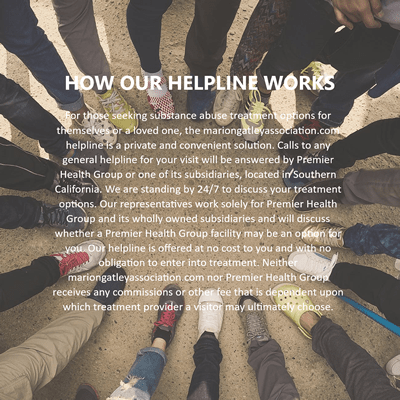Addictions are not incurable. With the help of proper guidance and therapies, we can bring help individuals manage their addiction and thrive in recovery.
There are three main types of counseling and therapy that are utilized in treating addictions.
1.INDIVIDUAL THERAPY:
In individual therapy, the client works with a psychologist in a private setting. He discusses his problems regarding addiction with the therapist and the therapist develop an insight and strong inner strength in the client. A typical therapy session lasts for 50 minutes. The number of sessions to be conducted depends upon the severity level of the client. Most of the times, only one session takes place in a week.
Individual therapy can be molded according to the needs of the client. The therapist may ask different questions from the client but the main focus is always the addiction. He may ask questions regarding progress in rehab, obstacles he is facing in treatment, his goals for future, etc.
The therapist and client work together and set goals for coming days. For example trying new activities etc. in some cases, the therapist can also use a technique called contingency management. This will boost up the motivation level and morale of the client.
- GROUP THERAPY:
In this therapeutic technique, the client learns coping strategies, new communication skills, hope, strength and motivation from others. Usually, the participants in the addiction group are also addicted under rehab. When the client meets people like himself who are facing same problems he deals with the addiction more efficiently.
This therapy forms better than the individual therapy because the social interactions produced deeper and everlasting results on the clients. They learn from others. Group therapies are usually used when a person is managing a stressful situation, Anger, guilt, shame, emotional disturbance, withdrawal symptoms etc.
The group therapies consist of different groups like:
Support groups which provide mutual understanding and safe environment to the client.
Educational sessions provide necessary information to the addict which could help them to recover addiction.
Cognitive-behavioral groups which are based on CBT. In such group collective CBT therapy is applied on the group to change their negative thought patterns into positive patterns.
Skill groups teach the client how to recover issues and manage stress in their daily life.
- FAMILY BEHAVIOR THERAPY (FBT):
When a person becomes addicted to drugs and alcohol, not only his life gets affected but the people around him also get affected.
Family behavioral therapy involves, at least, one family member of the client. The therapist engages the family with the addict so that they can work together to make their home a better place. The family members motivate and encourage the addict. They act as a catalyst to speed up the treatment process. The therapist also facilitates discussions about how the individual’s addiction has affected the family.
If you or a loved one are ready to begin an addiction treatment program, contact our representatives at Intervention Drug Rehab Association. We will be happy to provide more information about all of our treatment options.



